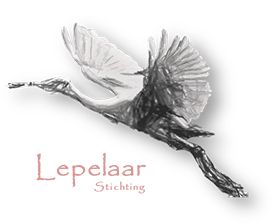PKAN
Pantothenate Kinase-Associated Neurodegeneration (PKAN) is a form of Neurodegeneration with Brain Iron Accumulation (NBIA). PKAN is the most common form of NBIA and 35-50% of NBIA patients are diagnosed with PKAN. PKAN is a rare disease (1 in a million people) and is caused by genetic defects in the gene: pantothenate kinase 2. Research has demonstrated that the defective gene in PKAN, is involved in normal synthesis of Coenzyme A, an essential metabolic cofactor. Currently it is not clear why PKAN patients and other NBIA patients suffer from brain iron accumulation. PKAN is progressive and often presents at an early age. The symptoms are dystonia, dysarthria, rigidity, spasticity, hyperreflexia and extensor toe signs. PKAN is a painful , strongly disabling disease. Most patients diagnosed with classic PKAN die at a young age. Up till now there is no treatment available for PKAN patients. There is a European consortium studying PKAN and there are several patient organisations and their websites contain information and up to date news concerning NBIA and PKAN.
Links to relevant websites and patient organizations:
tircon.eu
movementdisordersgroningen.com
nbiadisorders.org
nbiacure.org
hoffnungsbaum.de
stichtingijzersterk.nl
stichting Kans voor PKAN Kinderen




